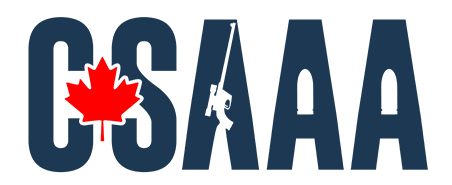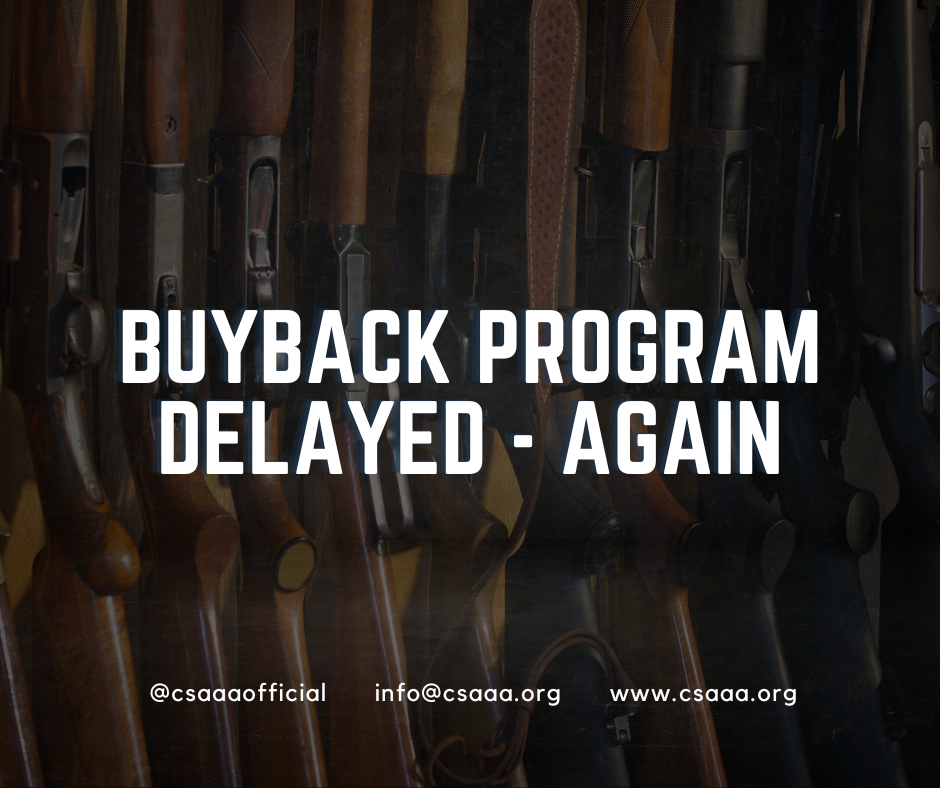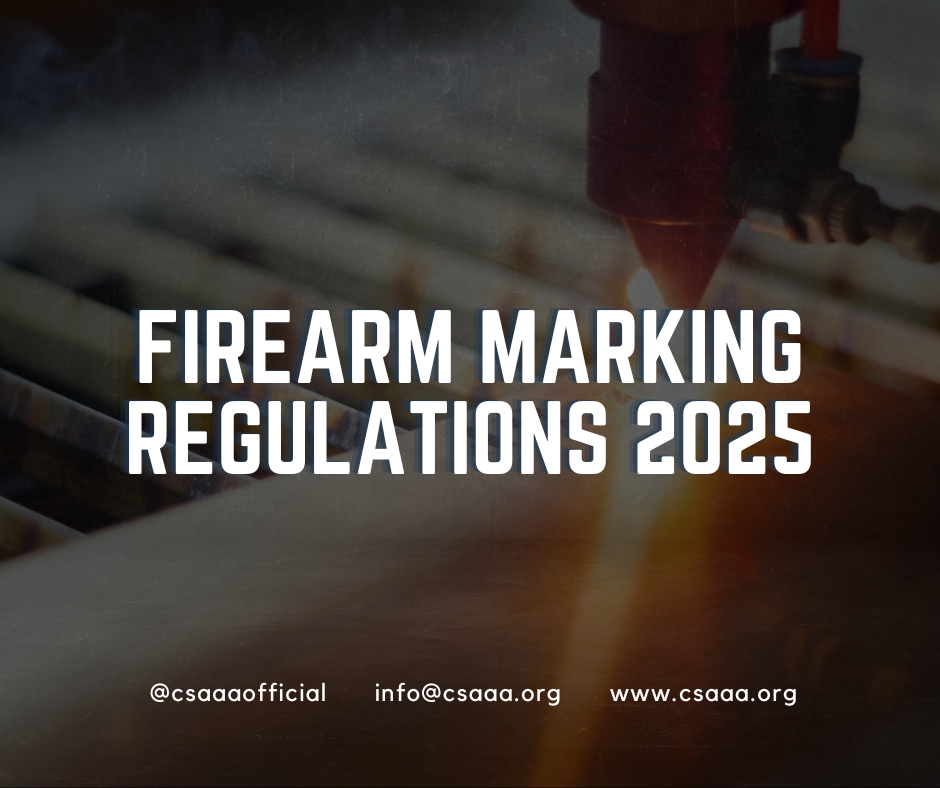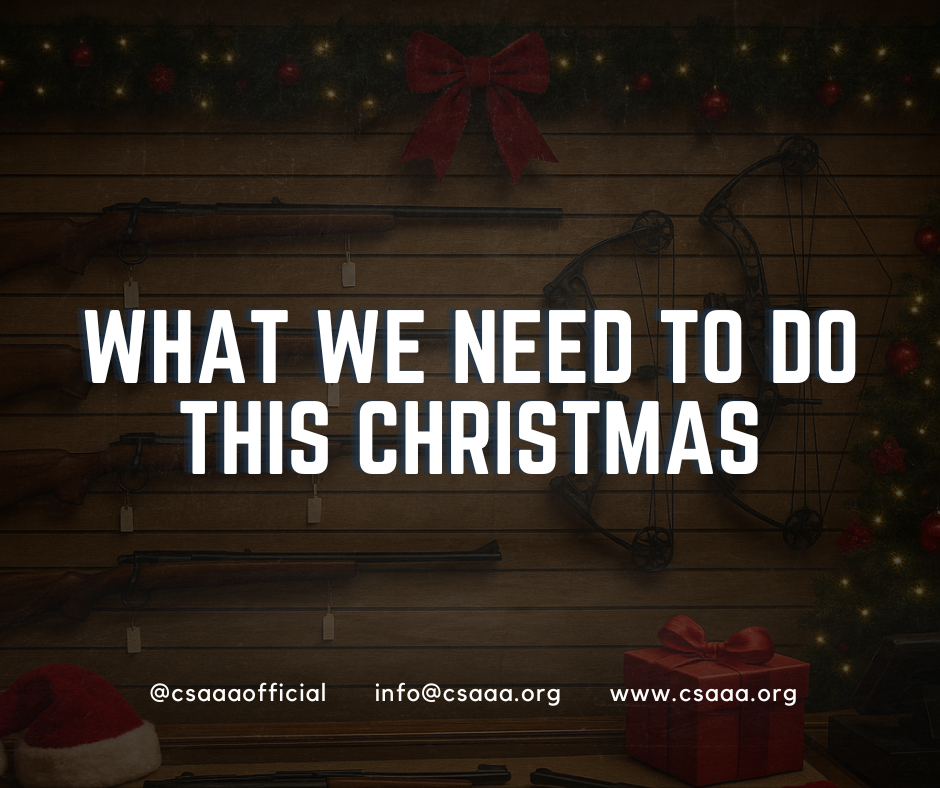Confiscation Program Contract Scale Back
From the beginning, the CSAAA has been very critical of the government’s prohibitions and confiscation program. There is a severe lack of consultation with the firearms industry during the creation of these policies. The government’s approach often prioritizes political wins and input from victims’ groups, leaving industry experts and the legal firearms community sidelined with no say in their own futures.
Despite the unfriendly political environment, the CSAAA entered a contract with the federal government, when approached, to provide valuable feedback and protect the interests of its members.
However, the sheer complexity of the program, which involves confiscating a vast number of firearms across Canada, is clear. Each time the government proposed a plan, the CSAAA found itself highlighting potential issues rather than providing workable solutions, largely because the problems simply do not have solutions. The confiscation program is a fundamentally flawed idea.
The association has been vocal in its criticism of the confiscation program, particularly regarding its feasibility and the lack of a clear, workable plan. The logistical challenges of confiscating and compensating for such a large number of firearms across the country are significant, and the government’s push to initiate the program has been met with resistance and skepticism from the firearms community and industry experts.
The federal government has now significantly reduced the role of the Canadian Sporting Arms and Ammunition Association in its firearm confiscation program. Initially, the CSAAA was contracted to assist with communications for businesses, assisting businesses in inventorying firearms targeted for confiscation and to help assess compensation amounts for affected firearms and impacted businesses.
The federal government altered the CSAAA’s contract, reducing its role strictly to a consultant rather than a “participant” in the confiscation program. The association will no longer be involved in collecting or distributing data on behalf of the government and firearm businesses. Instead, our involvement is now limited to on-demand consultation, providing industry expertise when requested.
The complexity of executing the confiscation program is very clear, and the association has empathy for the bureaucrats tasked with administering the program, while the root of the issue lies in the initial policy decisions made by former Minister Bill Blair, rather than in the implementation efforts. The bureaucratic administrative team has been very cordial and receptive of CSAAA’s consultation, and they have put countless hours into trying to find solutions to the problems presented in this massive undertaking. However, they were saddled with what appears to be too monumental a task.
The government’s decision to defer the amnesty until after the next federal election suggests a strategic move to delay the most contentious parts of the initiative. Many in the firearms community believe that the government has effectively abandoned the confiscation effort without publicly admitting it, pushing the responsibility onto future administrations.
As the political landscape shifts, the future of the firearm confiscation program remains uncertain. For now, the CSAAA’s focus will be on ensuring that its members are fairly represented, and that the long-term viability of the Canadian firearms industry is preserved.
The CSAAA remains committed to advocating for its members. Despite the reduced role in the confiscation program, CSAAA will continue to monitor developments and provide input where possible, while also preparing for potential future challenges to the firearms industry.














